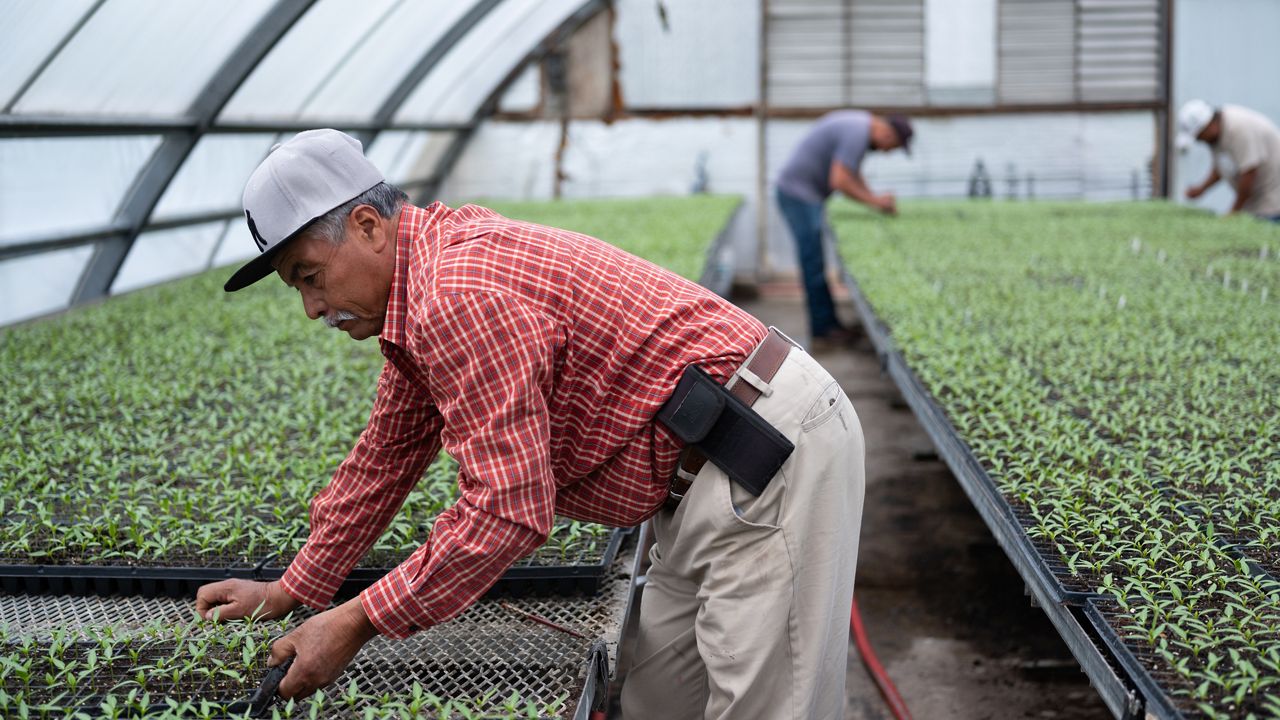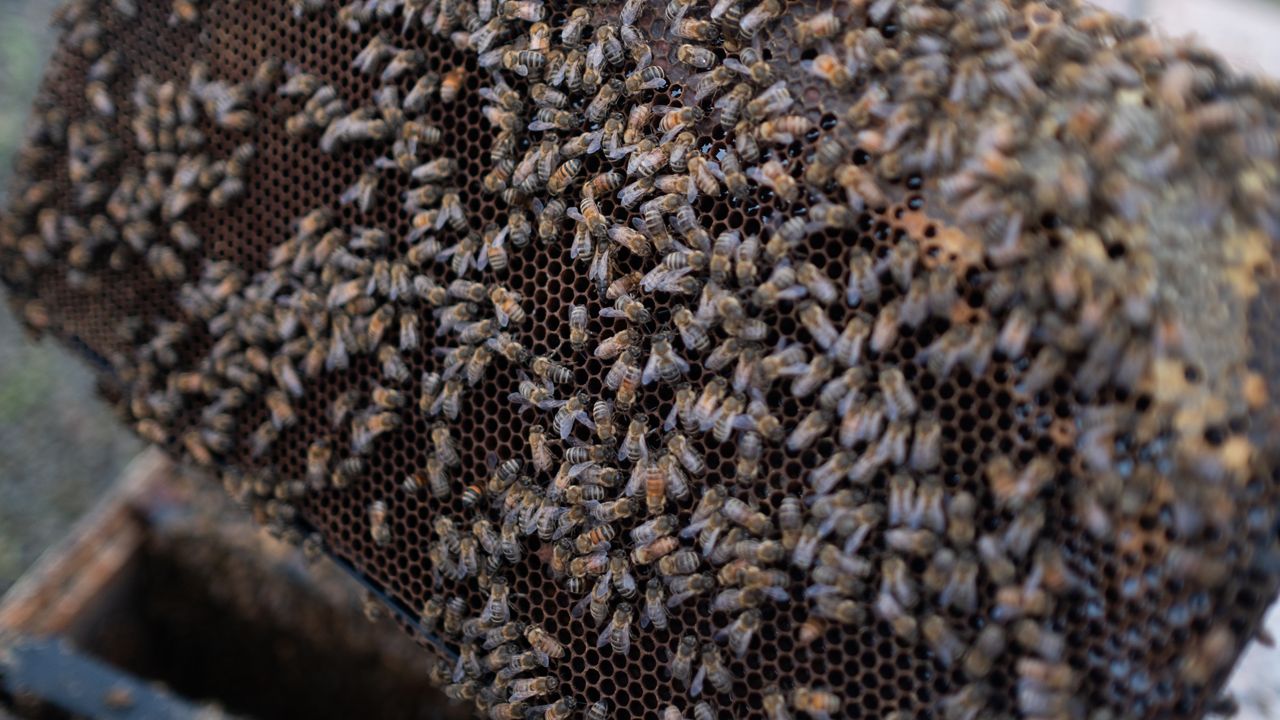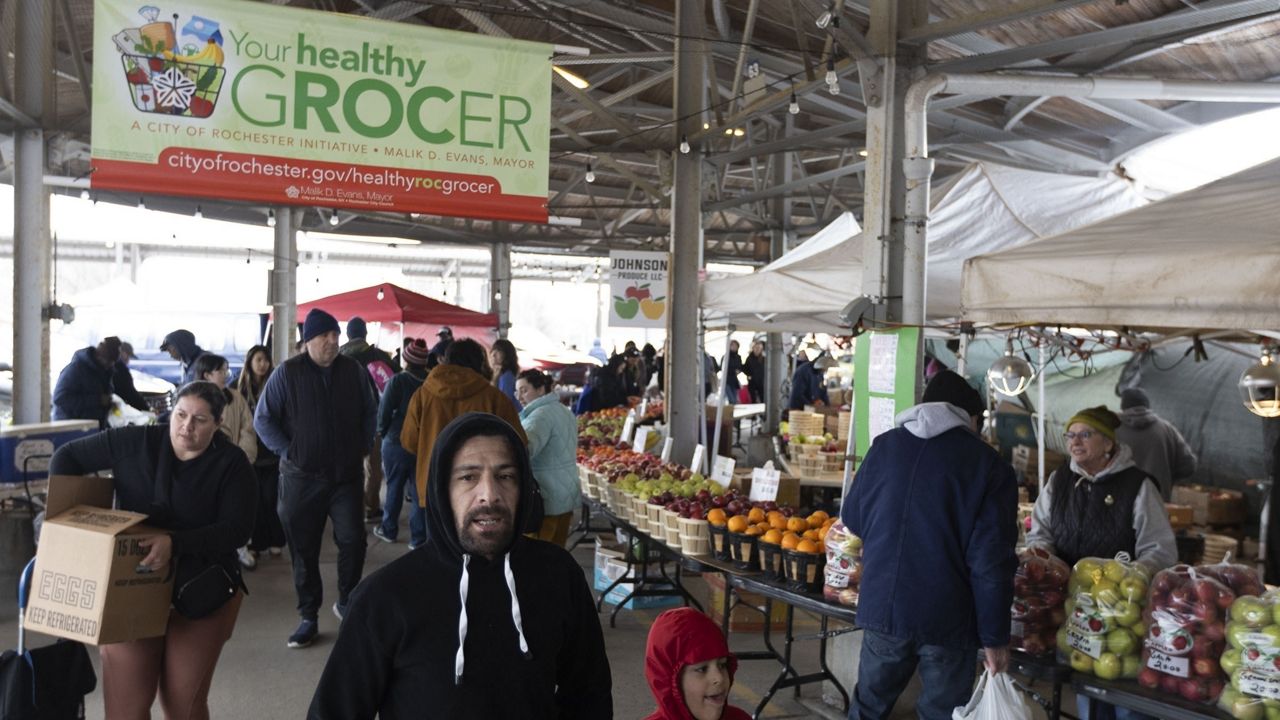In 2012, Tim Hardiman opened his farm-to-table restaurant The Tailor and the Cook in Utica as a way to bring more locally sourced food to consumers in the area.
Hardiman grew up in the restaurant industry as his father owned and operated a small diner on Route 12 in Barneveld.
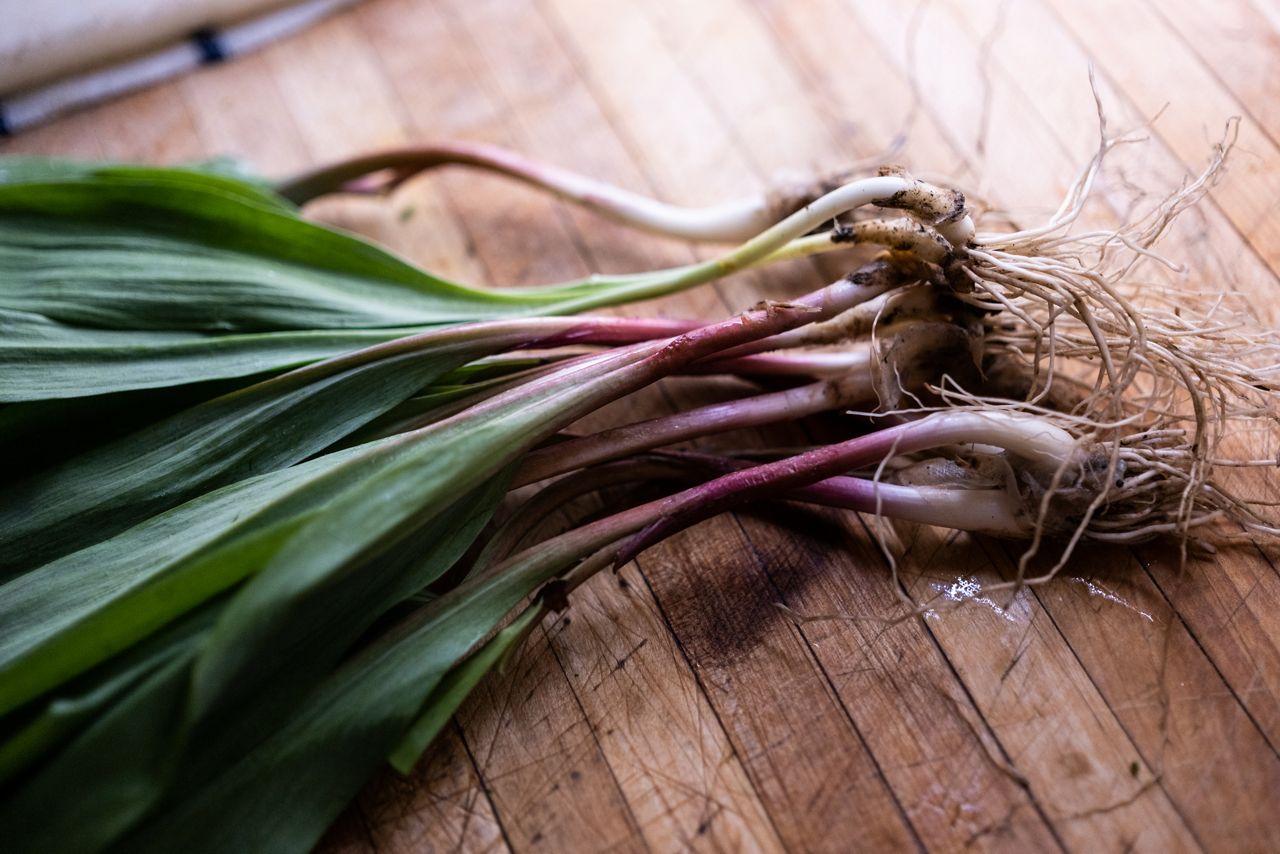
“The whole idea of [farm-to-table] is really not a complex concept. It’s really how our grandparents did it,” he said. “They knew the people that produce the food, so that’s really what it is, just conversations, relationships and trusting the people we get our food from.”
Beginning this week, The Tailor and The Cook will change its menu from the comfort meals of winter to fresh and light spring flavors. Hardiman said everything is tested and tasted prior to being listed on their menu.
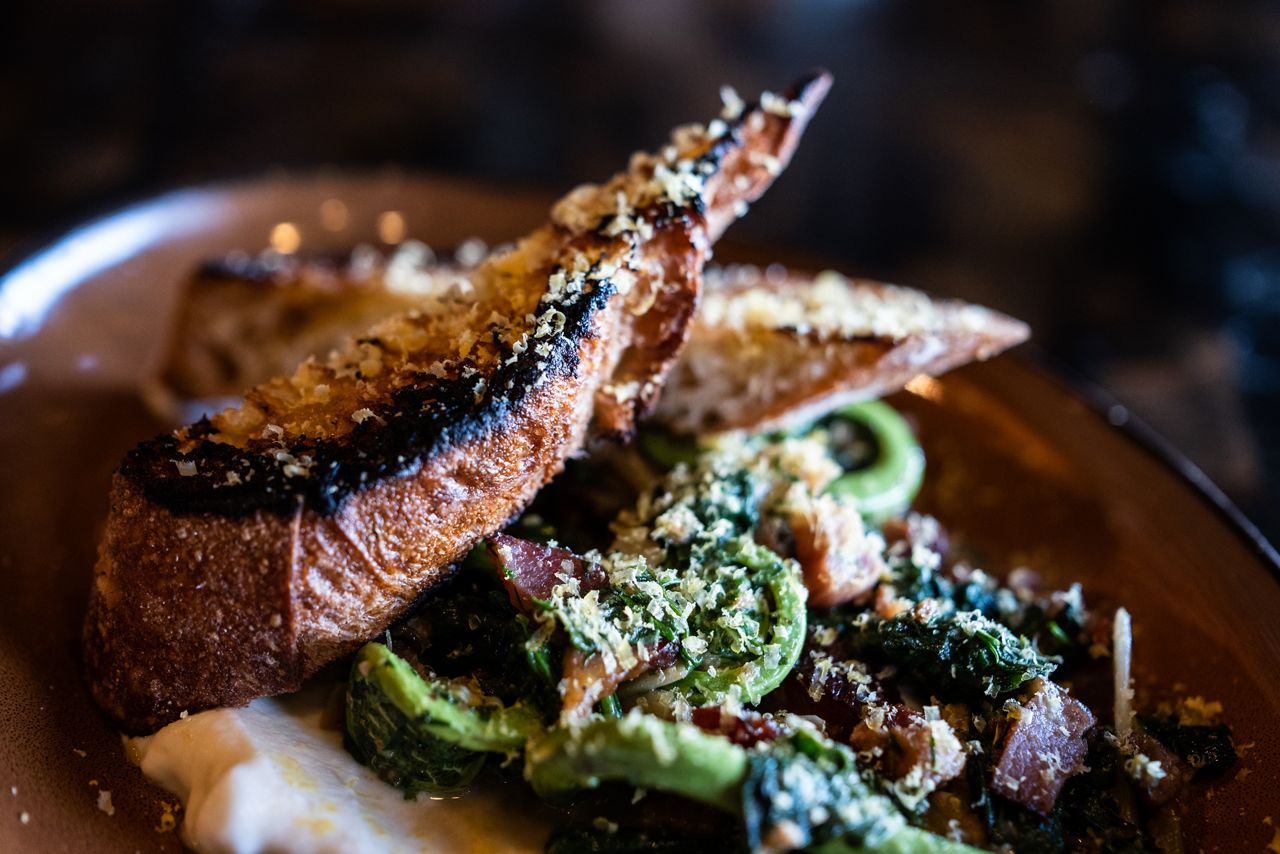
The first ingredients of the spring season are foraged locally.
“The spring is just a rebirth for us,” Hardiman said. “The fiddleheads and ramps, house- made ricotta, grilled bread and some local bacon, that’s our first little taste of spring.”
Hardiman said they will be serving a dish featuring spring parsnips, which are kept in the ground throughout the winter in a process called overwintering. In this process the greens are removed in the fall and dirt is mounted over the parsnip and they freeze, which turns the starches to sugars.
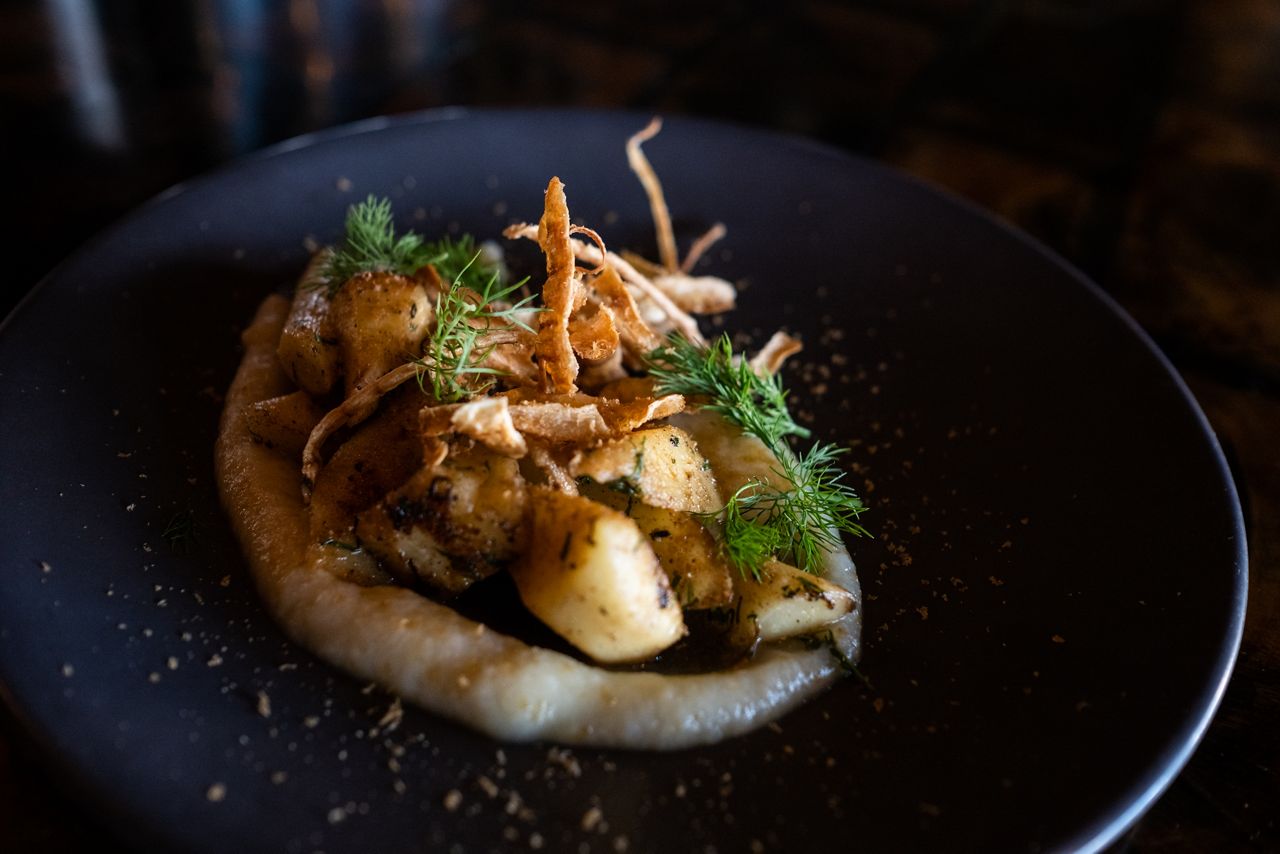
Hardiman said over the next few weeks, they will continue to get more spring ingredients from local farmers.
“It will be a few weeks for asparagus. We will get spring radishes, and soon chives and parsley.” he said.
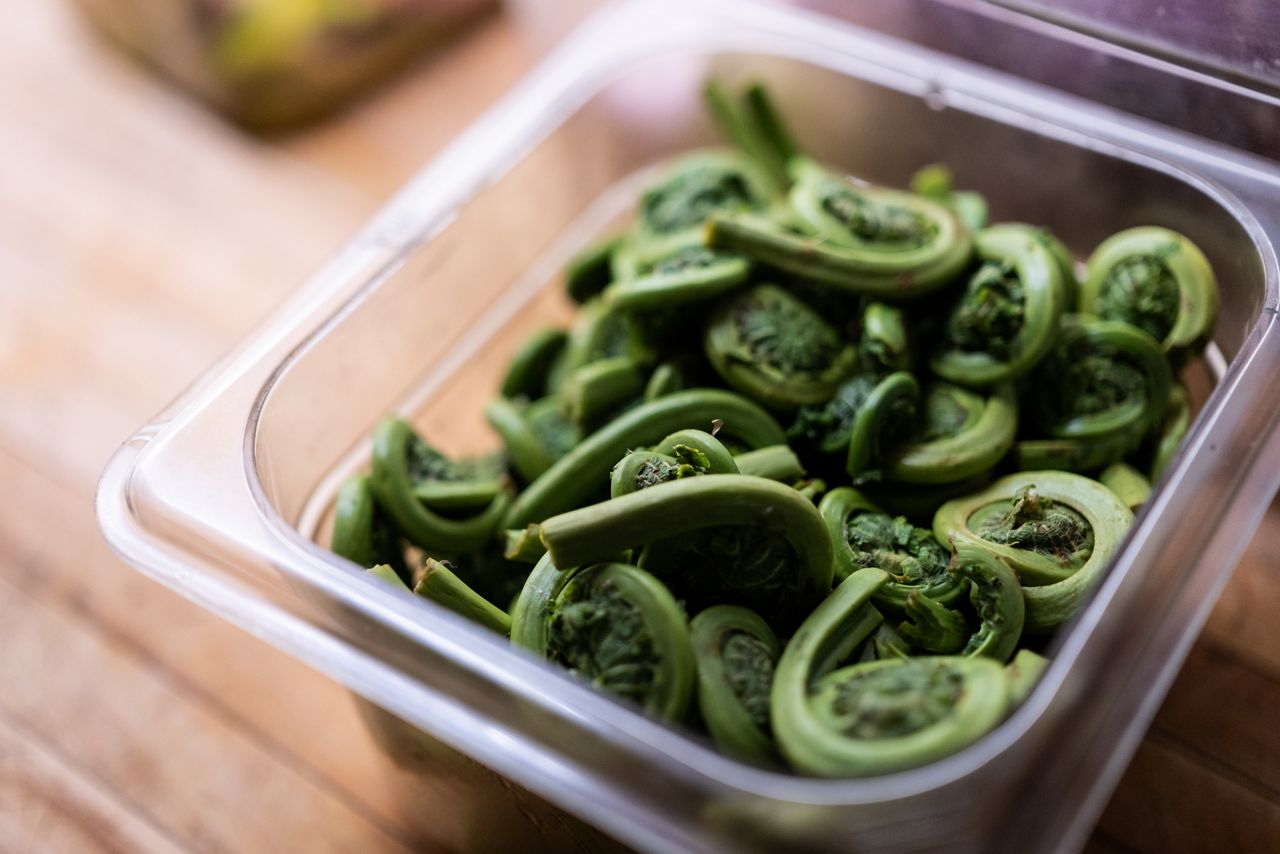
One thing Hardiman is particularly proud to serve is New York state wines.
“New York state wine is really a big part of what we do,” he said. “Local doesn’t always mean good. I don’t put them on the shelf simply because they’re from New York. They happen to be from New York and they’re very high-quality wines.”
The cocktail menu features a classic negroni, but this version includes all spirits made in New York.
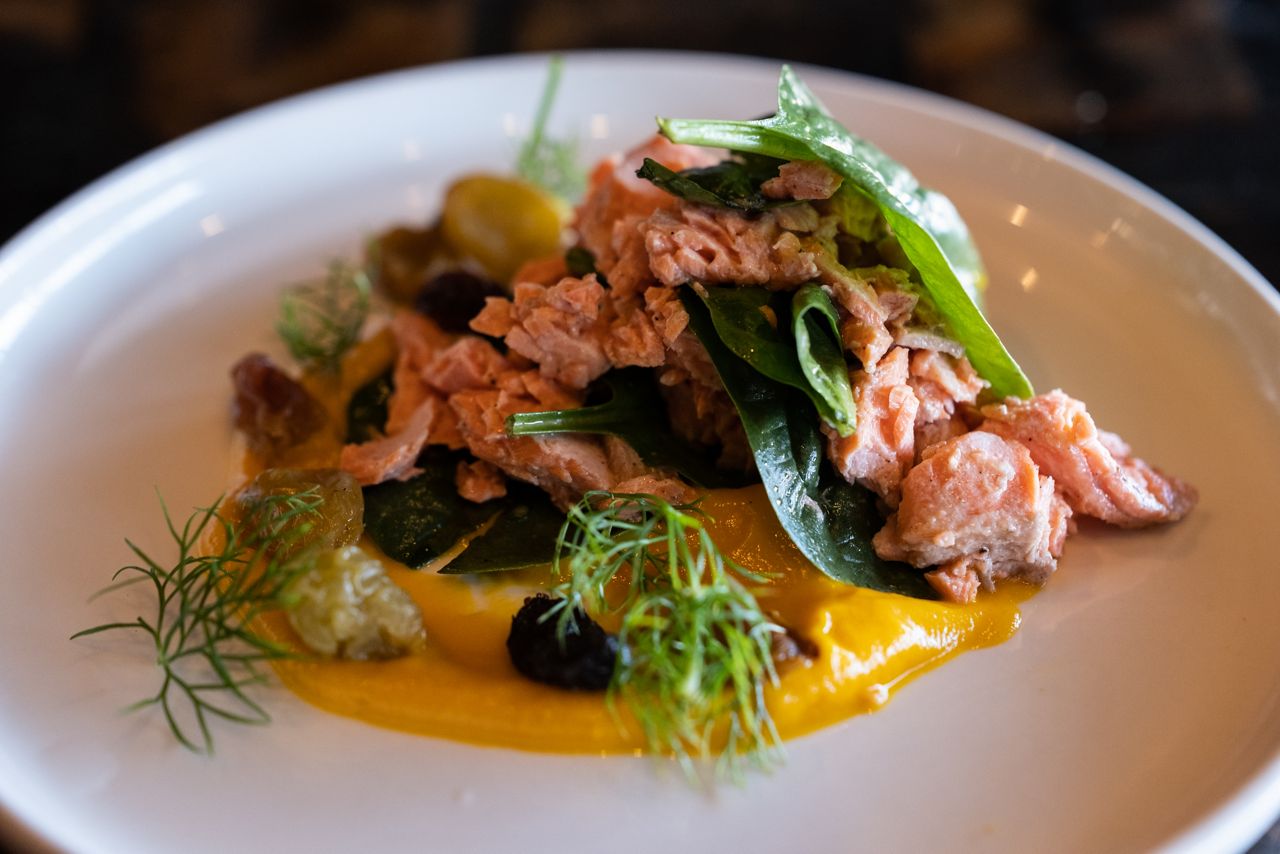
“The New York State Negroni, it has three liquors all made right here,” Hardiman said. “A New York state gin, Faccia Brutto, which is an aperitivo from New York and sweet vermouth from New York.”
The challenge of working this way is the higher labor costs, Hardiman said. They get everything straight from the producers, which means it is not pre-prepared in anyway.
“Everything has to be processed. When it’s sweet corn season, I may need 10 dozen that week, but I need to bring in 60 dozen, get it off the cob and get it into the freezer,” he said.
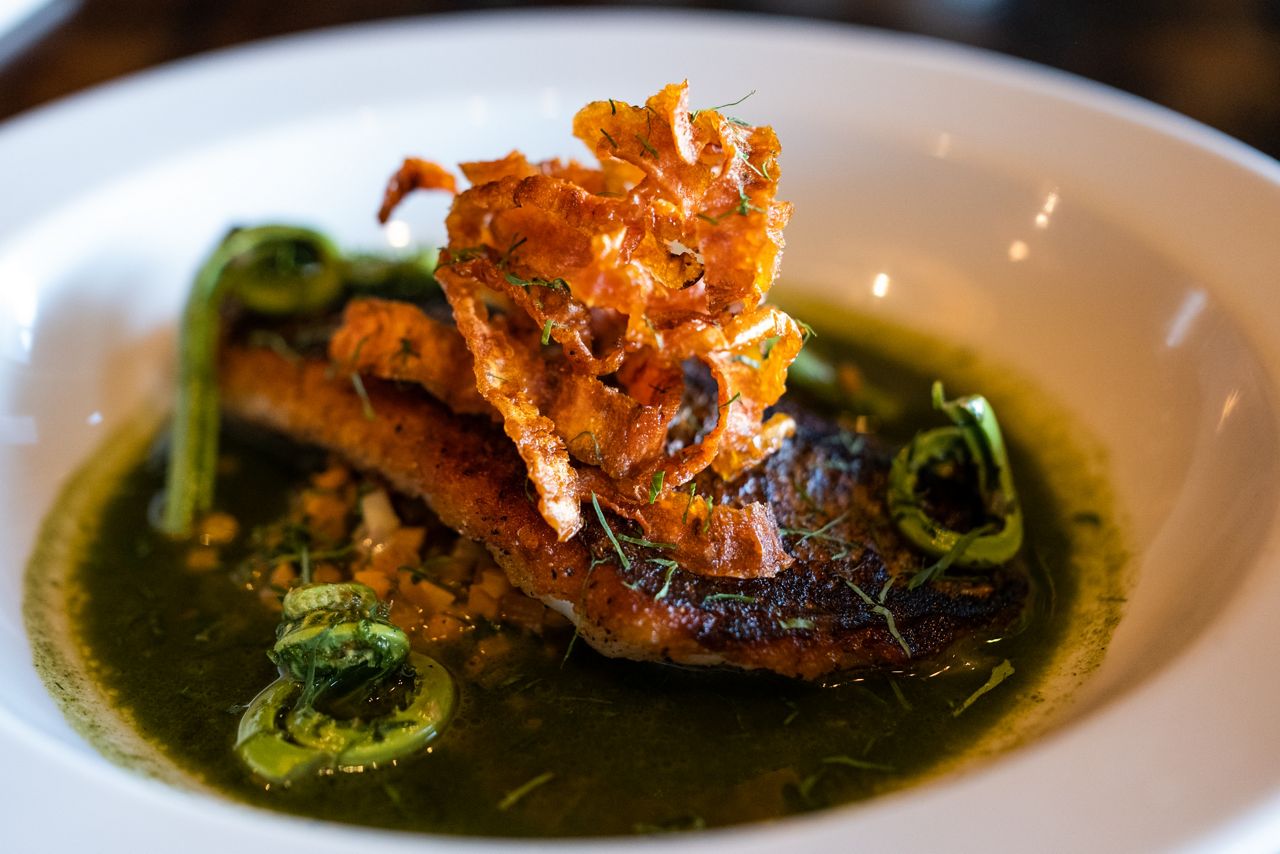
They will also preserve tomatoes that come through in the summer by canning them to be used throughout the rest of the year.
Hardiman said he utilizes all parts of the products he brings in rather than getting rid of the scraps. Especially when it comes to protein, Hardiman said it’s important to consider that the animal was slaughtered for food when working with meat.
“All bones become stock, carrot peels are dehydrated and become powder for carrot cake,” he said.





?wid=320&hei=180&$wide-bg$)

